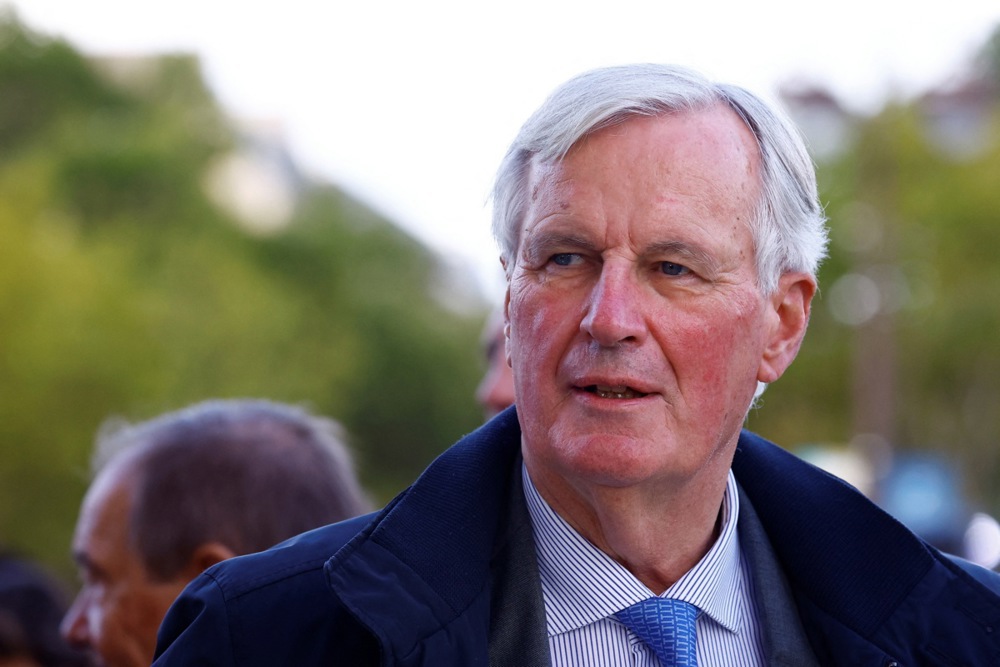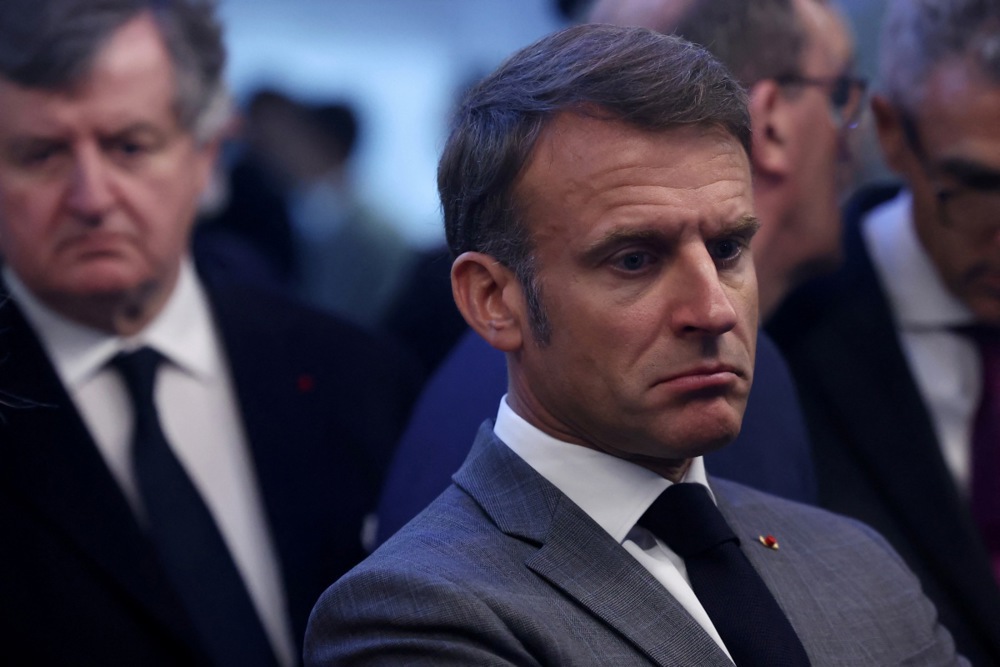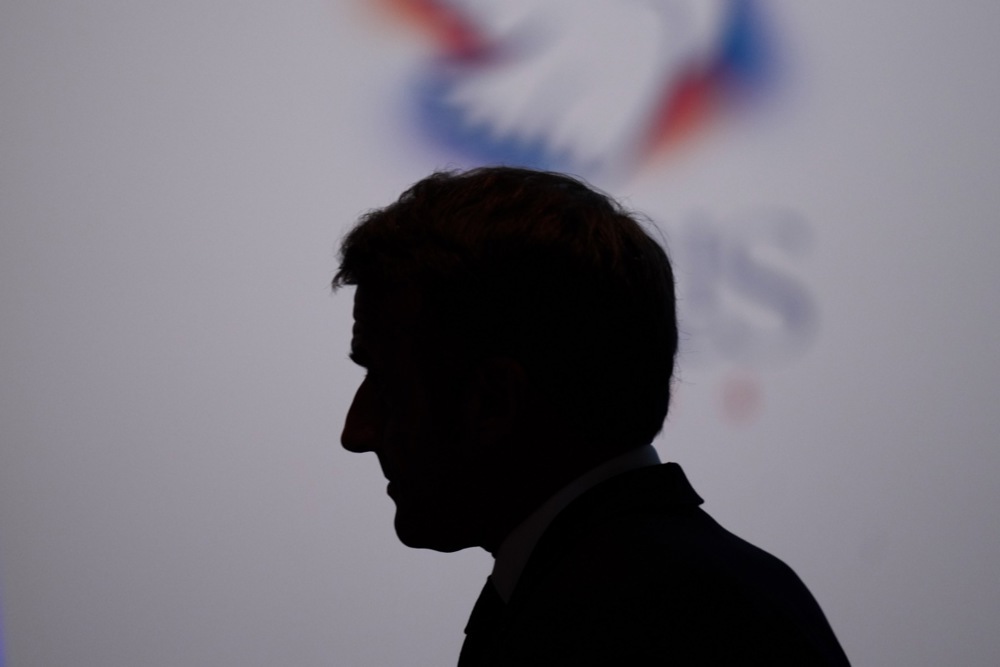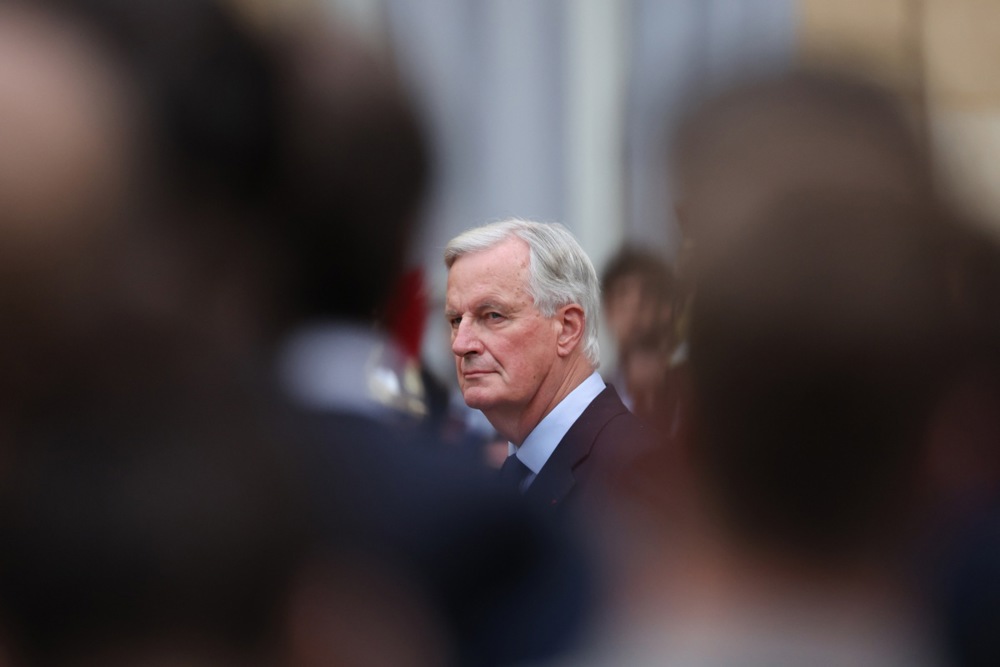France’s newly appointed prime minister, Michel Barnier, has opted not to subject himself to a vote of confidence.
The vote, originally scheduled to follow the general policy speech on October 1, is a customary practice whereby prime ministers seek parliamentary approval. If rejected, the Prime Minister would be obliged to resign.
However, Barnier’s advisors deemed this move “too risky” given his lack of a majority in the National Assembly.
This decision follows a risk of the prime minister’s early retirement as a debate on potential tax hikes has French lawmakers threatening revolt.
Ahead of Barnier’s highly anticipated policy address on October 1, he is expected to announce measures aimed at curbing France’s growing deficit crisis, with the premier having already signalled that he is interested in hiking taxes for those deemed able to contribute.
Hiking taxes has provoked anger amongst both Barnier’s friends and opponents alike, with Gérald Darmanin, a prominent Macronist and former interior minister, having expressed opposition to Barnier’s approach to the budget.
“Many of us will not be able to support a government that raises taxes,” he warned on September 29.
“I hear that this increase would only affect the wealthiest French people– but the money of the wealthiest should go into job creation, not into public coffers.”
Darmanin is not alone, some 27 lawmakers from French President Emmanuel Macron’s Ensemble coalition published a letter on September 29 opposing any increase in taxes.
“We find it unthinkable that, after seven years of tax cuts, it should be the central bloc alliance that ends up abandoning tax stability in favour of tax increases. Too much tax kills tax,” they wrote, stressing France needs to reduce public spending first.
Left-wing parties have also announced they would not support Barnier’s government under any circumstances and planned to back a no-confidence vote.
National Rally has also hinted at not supporting the administration, citing their members’ opposition to any new levies.
“If the Barnier government persists in wanting to raise taxes on the backs of the French, it will be crossing a red line. In absolute terms, any tax increase would be a betrayal of the interests of the people, who are already being suffocated by inflation and tax pressure,” the party said.
Finance Minister Antoine Armand has sounded the alarm on the French budget, warning of the “very serious situation” facing France. https://t.co/mz76DU3Tds
— Brussels Signal (@brusselssignal) September 25, 2024
Michel Barnier has repeatedly said that it is his responsibility to find a solution to the country’s finances.
“France’s budgetary and financial situation is very serious. My responsibility as prime minister and that of the government is to face up to it and take measures,” he said on September 27.
To further address the deficit, Barnier has signalled his intention to raise taxes, targeting those who are financially able to contribute, saying this measure would be “exceptional and temporary.”
Reports by daily newspaper Le Monde on September 29 suggested that Barnier’s team was weighing options such as an €8 billion levy on large corporations and a potential tax on share buybacks.
The proposal may not prove enough to secure his position as prime minister, it has been suggested, with opposition to any form of tax increase mounting, even within Barnier’s ranks.
As pressure mounts, Barnier bought time but he would still have to craft a policy that balances fiscal responsibility with political survival.
By January 2025, the government must present the Initial Budget Bill, which proposes all the State’s revenue and expenditure for the following year.
France’s new Prime Minister Michel Barnier has revealed the new government’s political orientation, marking a shift to the Right. https://t.co/5DQ8D0wKCb
— Brussels Signal (@brusselssignal) September 23, 2024





